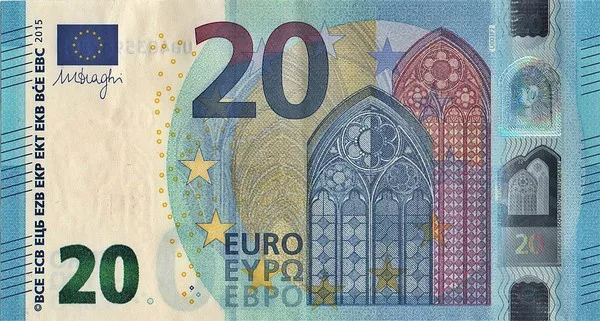When it comes to global currencies, three of the most widely used and recognized are the dollar, pounds, and euro. These currencies play a crucial role in international trade and finance, with many businesses and individuals around the world relying on them for transactions and investments. In this article, we’ll provide an overview of each currency, their histories, and their current standings in the global economy.
The History of the Dollar
The dollar is the official currency of the United States, and one of the most widely traded currencies in the world. Its history dates back to the late 18th century when the Continental Congress established the first US dollar as the country’s official currency. The dollar was backed by gold until 1971, when President Nixon abolished the gold standard to deal with economic issues such as inflation and recession.
Today, the US dollar remains the dominant currency in the world, accounting for over 60% of all foreign exchange reserves held by central banks. It is also widely used in cross-border transactions and international trade, making it an essential currency for businesses and investors worldwide.
The History of the Pound
The pound is the official currency of the United Kingdom, and it has a long and storied history that dates back nearly a thousand years. Originally, the pound was a unit of weight used for precious metals like silver, but it eventually evolved into the official currency of England in the 17th century.
Over time, the pound became the currency of the British Empire, and it continued to hold its position as one of the world’s major currencies even after the decline of the empire. Today, the pound is still widely used in international trade and finance, and it is the fourth most-traded currency in the world.
The History of the Euro
The euro is the official currency of the European Union and is used by 19 of the 27 member states. It was first introduced in 1999 as a digital currency used for electronic payments, and it became physical currency three years later.
The euro was created to promote economic integration among European countries and to provide a stable, reliable currency for businesses and investors. Today, it is the second most-traded currency in the world, behind only the US dollar.
Which Currency is Higher: Dollar, Pounds, or Euro?
When it comes to determining which currency is “higher,” there are a few different factors to consider. The first is exchange rates, which determine how much one currency is worth in comparison to another. Exchange rates fluctuate constantly based on a variety of factors, including economic indicators, political events, and global market trends.
As of May 31, 2023, the exchange rate between the US dollar and the British pound is 1 USD = 0.7244 GBP. This means that one US dollar is currently worth approximately 72 pence in British pounds.
In contrast, the exchange rate between the US dollar and the euro is 1 USD = 0.8918 EUR. This means that one US dollar is currently worth nearly 89 euro cents.
However, it’s important to note that exchange rates can change quickly and dramatically. For example, in the wake of the Brexit referendum in 2016, the value of the pound dropped sharply, causing significant fluctuations in exchange rates.
Another factor to consider when comparing currencies is their relative purchasing power. This refers to how much goods and services a given amount of money can buy in different countries. For example, while the US dollar may be worth more than the euro or pound on paper, it may not necessarily have more purchasing power in all parts of the world.
Conclusion
Overall, the dollar, pounds, and euro are all major currencies with significant roles in international trade and finance. While exchange rates and purchasing power can fluctuate, all three currencies are likely to remain important players in the global economy for the foreseeable future. Investors and businesses should be aware of these currencies’ histories and current standings when making financial decisions that involve them.
Related topics:
- What is the eurozone crisis?
- Why is the euro falling in 2022?
- Why the Pound is falling against the Euro?


